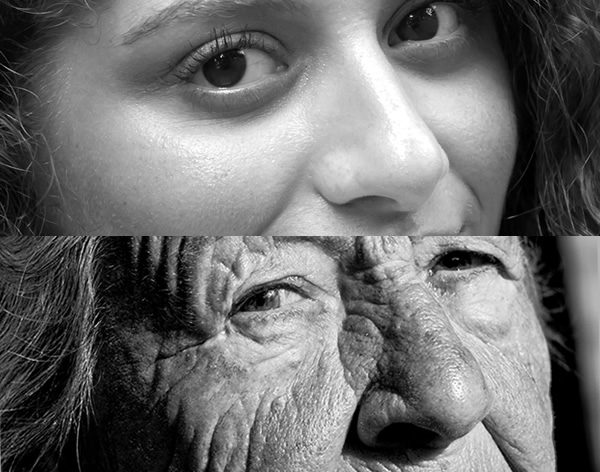Torah Sparks
Numbers 25:10 – 30:1
One section in our Torah portion gives another census of the Israelites. The Torah tells us that this census, taken just as the people were poised to enter the Promised Land after 40 years of wandering, was a counting of the new generation. These were the sons of the generation that had forfeited its opportunity to enter the land, years before. (Numbers 26:64)
So it is doubly surprising to find, among the names of the heads of the clans, the name of Serah, daughter of Asher. (v. 46) She is the only woman found in this list. And, furthermore, she belongs to a generation that had long ago passed away. In fact, she is listed among those who descended to Egypt with Jacob! (Gen. 46:17) Our Etz Hayim commentary admits that the inclusion of this name here is a mystery.
Rashi explains that her name is included because of the amazing fact that she was still alive. Indeed, the Sages of old were intrigued by the extraordinary longevity of this woman. They told a beautiful story about her. It was because she was one of the original Israelites to go down to Egypt that she could testify to things that had happened so long ago. She was around when Joseph passed away. She was the only survivor of that generation when the Exodus was about to happen and she was the only person who could remember where Joseph was interred. This was important, because Joseph had made his brothers pledge to retrieve his bones and take them back to the Promised Land when they would finally leave Egypt. It was thanks to Serah that Moses was able to fulfill that pledge and carry Joseph’s bones with him as we left Egypt.
So Serah represents faithful memory. She is the survivor. She is the custodian of the recollection of the amazing journey that Israel has traversed, from refugee clan, entering the alien territory of Egypt, to triumphant people entering the homeland vouchsafed to their ancestors. She has seen it all. And she remembers it all. Serah stands for all the women of the wilderness generation. The Sages explain that they did not perish along with the men. So the memory of that generation was entrusted to their care. Among them, Serah was simply the Supreme Custodian of Israel’s memories.
Now let us recall that this Torah portion also reiterates that Moses, himself, would not enter the Land. But Moses was in charge of escorting Joseph’s bones into the Land. Who would take over from Moses? Would it be Joshua? But the task of looking after Joseph’s casket is never mentioned as one of Joshua’s duties. But the pledge was still in force. The passage of time was irrelevant to the imperative of redeeming that oath. And when Joseph’s bones would be buried, the long passage of time between his death and that moment would collapse into an instant. So perhaps, perhaps, it was none other than Serah who, by virtue of her remembering, could preside over that abolishing of time. It was she who made sure that Joseph’s bones were raised from the Nile. It would be right and fitting were she the one to see to it that Joseph’s bones would now be lowered into Israel’s soil.
Shabbat Shalom,
Rabbi David Greenstein
Image 1, “Redhead Day” by “Eric”  altered and used with permission via Creative Commons License.
altered and used with permission via Creative Commons License.
Image 2, “A Face of Maturity” by “Elvin”  altered and used with permission via Creative Commons License.
altered and used with permission via Creative Commons License.
- Toby Stein: In Memoriam - Thu, Feb 8, 2024
- Faithfulness and Hope: Parashat Sh’lach - Thu, Jun 23, 2022
- Past Their Prime: Parashat B’ha`a lot’kha - Thu, Jun 16, 2022

